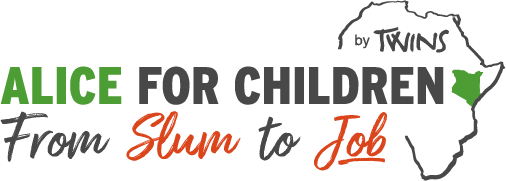STAND UP FOR SLUM GIRLS RIGHTS
The rights of girls in Nairobi's slums are violated every day.
Discrimination, Period Poverty, abuse and violence are the daily reality for thousands of girls.
We want to change this and defend their rights.
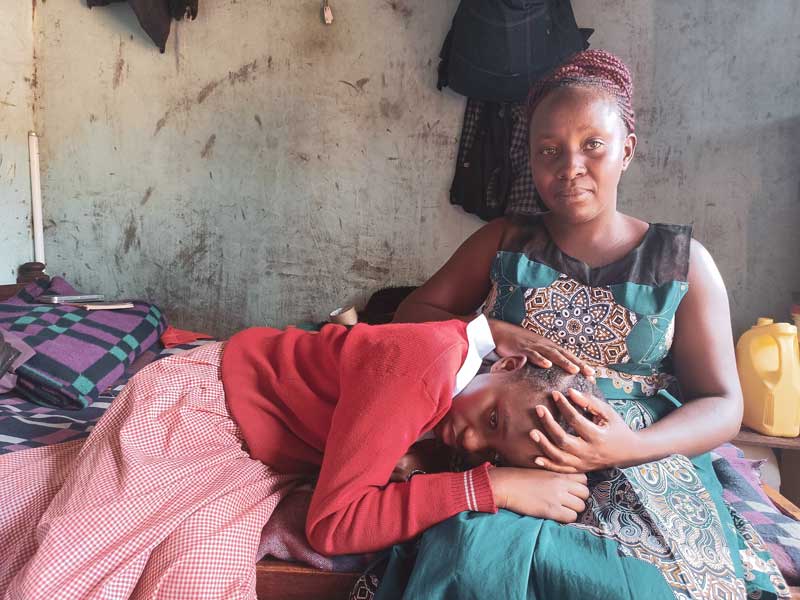
In 2020, the outbreak of the Covid-19 pandemic and government-imposed lockdowns caused extreme damage to the world’s population in terms of not only health, but also economic, labor, social, and psychological conditions.
The situation has been particularly severe in so-called developing countries, where national lockdowns have caused an unprecedented economic and food emergency. Such is the case in Kenya, a country where we have been operating for more than 15 years.
Girls and young women have been denied basic rights, won through years of struggle and intervention, and the damage to their present and future may be irreparable.
we are struggling to bring change in their lives, to make their voices heard
PERIOD POVERTY AFFECTS MILLIONS OF GIRLS AND JEOPARDIZES THEIR FUTURE
Period Poverty is the inability of women to be able to ensure proper hygiene during their menstrual cycle.
This leads to severe discrimination, forces girls in slums to stay locked in their shacks during their period days, and makes it impossible to attend school. Doing a quick calculation, it turns out that girls who are victims of Period Poverty miss more than 20 percent of their school days each year.
90% of women in Kenya’s slums cannot afford to buy sanitary pads.
Adding to the more “practical” issues are cultural prejudices and stigmas, which tend to isolate women during their menstrual cycle or involve them in traditional practices that jeopardize their health and freedom.
Girls and young women living in slums have the right to be able to face their menstrual period more peacefully and hygienically.
The first step to help them is very simple: get them sanitary pads.
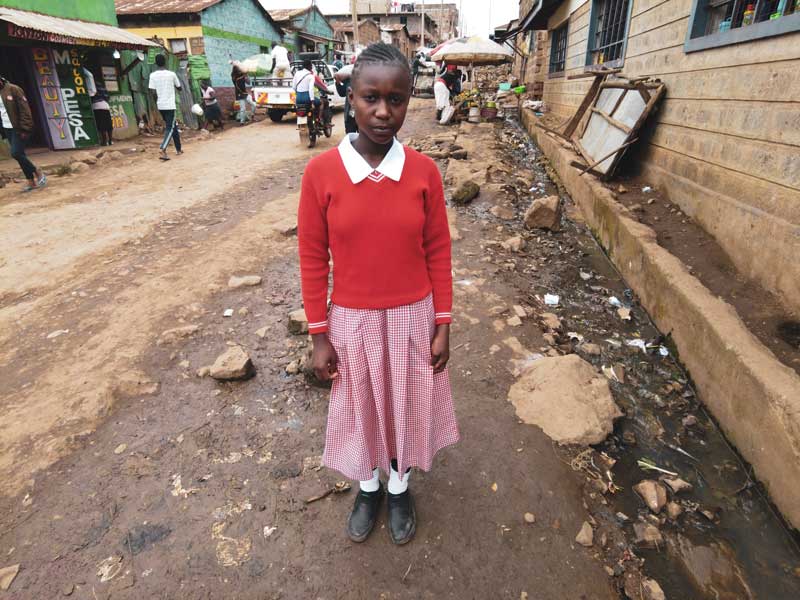
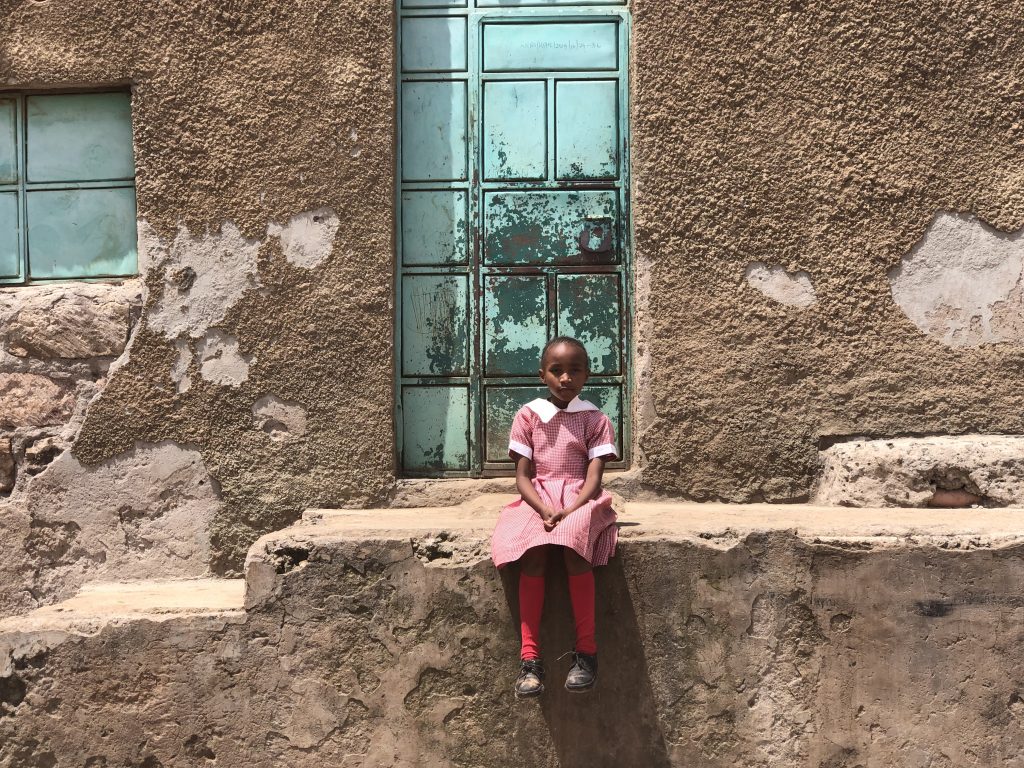
GENDER-BASED VIOLENCE AND SEXUAL ABUSE
In the context of degradation and marginalization of the slum, sexual violence and abuse is the order of the day, and the rate of violence against women during the lockdown and afterwards is estimated to have increased by as much as 300%!
Poverty and ignorance, including about one’s sexuality, cause a vicious cycle in which women, once again, get the worst of it. It is estimated that in Kenya, nearly half of all women aged 15 to 70 have experienced violence at least once in their lives.
The lack of discussion and openness on the issue keeps girls in ignorance, making them vulnerable and little in control of their bodies.
Sexuality curricula that also address gender issues and female empowerment are highly effective and significantly more likely to reduce rates of STDs and unwanted pregnancies.
We bring sex, menstrual, and gender education classes to schools to eliminate the taboos that persist in the minds of children and make them understand the importance of knowing their bodies.
THE ISSUE OF EDUCATIONAL POVERTY
Gender discrimination is one of the primary causes of school dropout among girls, especially in difficult settings such as slums. In a family with siblings, parents invest in the education of their male children while leaving their female daughters aside.
Often it is the girls who stay at home while their brothers go to school, and more and more often we find that we include girls in our projects realizing that their educational level does not keep up with their age.
To eliminate this profound discrimination, we came up with a special program: an Accelerated Learning Program.
An intensive learning program that can be activated during elementary and middle school for young girls who have not had the opportunity to study on a regular basis and who, being in classes with significantly younger children, are often shamed, teased, and eventually decide to drop out of school altogether.
Through this intensive program, which is recognized by the Kenyan school system, the girls have the opportunity to do extra school hours that allow them, from term to term, to make up for the time that has been taken away from them due to family difficulties and delays in school placement.
By following an ad hoc path, the girls are then able to fill in the gaps and continue their studies so that they can finish both primary and secondary schooling, which is essential to gain access to a technical school, and thus to learn a trade.
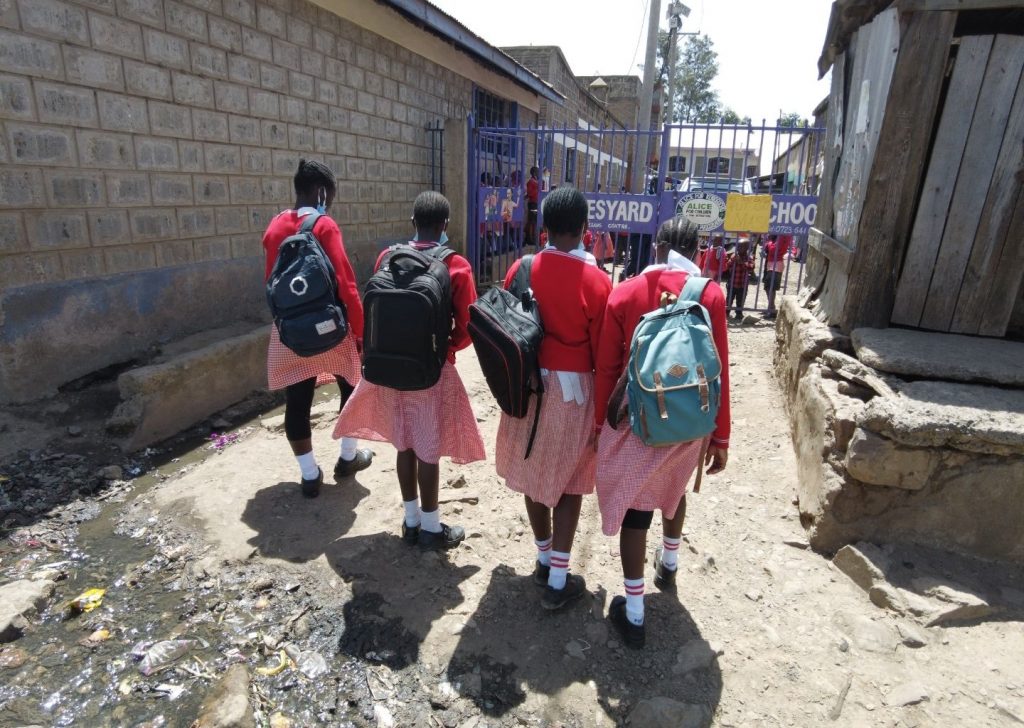
Fight with us, defend the rights of girls in Nairobi's slums.
Many supporters are making recurring donations to help us stand up for more and more girls.
